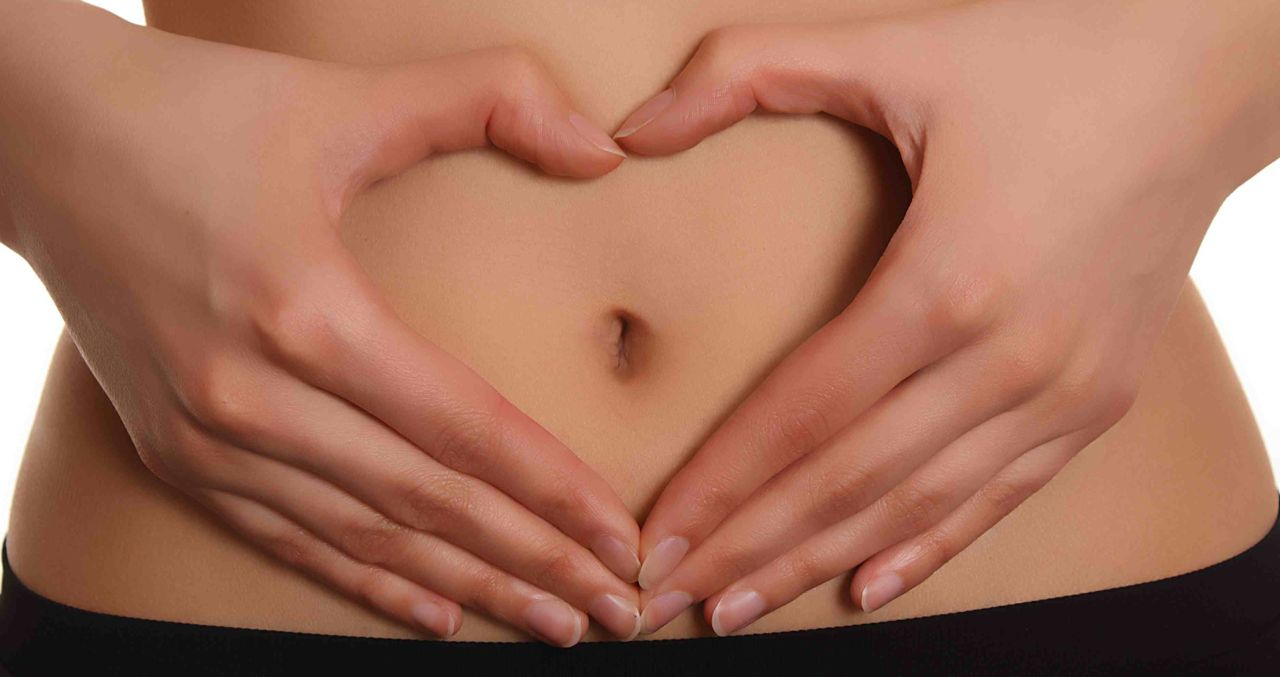Are you at your thinnest when you wake up in the morning and your roundest at night? You might just be bloated! For years I thought that was just the natural rhythm of life. My theory was that when you wake up, your stomach has emptied out overnight and is therefore flat, and then over the course of the day, you are filling up your belly and the subsequent result is a rounded abdomen, coupled with some potential pain and gas. Do you recognize this pattern too?
The truth of the matter is that it isn’t necessarily the fact that you are ingesting copious amounts of food throughout the day. It is more about the type of food and how it is ingested that matters.
BLOATING DEFINED
Right away, we have to figure out some of the reasons why bloating occurs in our bodies. The first thing that comes to mind is air – not necessarily flatulence – gas is generally the end product. Air can be incorporated in many ways. Fizzy drinks, chewing gum and gulping down food are all culprits in increasing digestive pressure.
The next big problem is slow digestion. Food that sticks around longer than 24 hours in the digestive tract will definitely cause bloating, discomfort and possibly constipation. It can be caused by large meals, not enough fibre or foods that are high in fat and animal protein.
Lastly, comes food intolerances. Our body, especially as it ages, makes less enzymes, bile and stomach acid – this makes it harder to digest certain foods causing our system to become intolerant to them, making it harder to digest and increasing the bloat.
Did you know that there are foods that cause systemic inflammation by damaging the lining of our intestines? This creates problems for the delicate ecosystem that resides there – causing an imbalance of “good” to “bad” bacteria. It is the wastes from the “bad” bacteria that cause bloating from inflammation.
IMPROVE DIGESTION & AVOID “THE BLOAT”
1. Avoid drinking large amounts of ice cold water with meals. Too much water will dilute your stomach acid and reduce the effectiveness of enzymes as well as decrease the output of bile, as a result, your digestion will suffer.
2. Go for a walk after big meals. This will help get things moving both on a physical level and on a digestive level.
3. Eat smaller meals more often. This will help control blood sugar and manage your hunger, causing less cravings for “inflammatory foods” like fries and burgers.
4. Take your time to thoroughly chew. Chewing is an essential step in breaking down food, activating enzymes and reducing the burden on the stomach and intestines. Large particles of food that make it to the gut feed the “bad” bacteria!
5. Use digestive enzymes. Digestive enzymes can be used to break down food into small enough particles, so they can be absorbed through the intestine and be utilized by your body. They also help to reduce inflammation, improve circulation, and stimulate the immune system.
